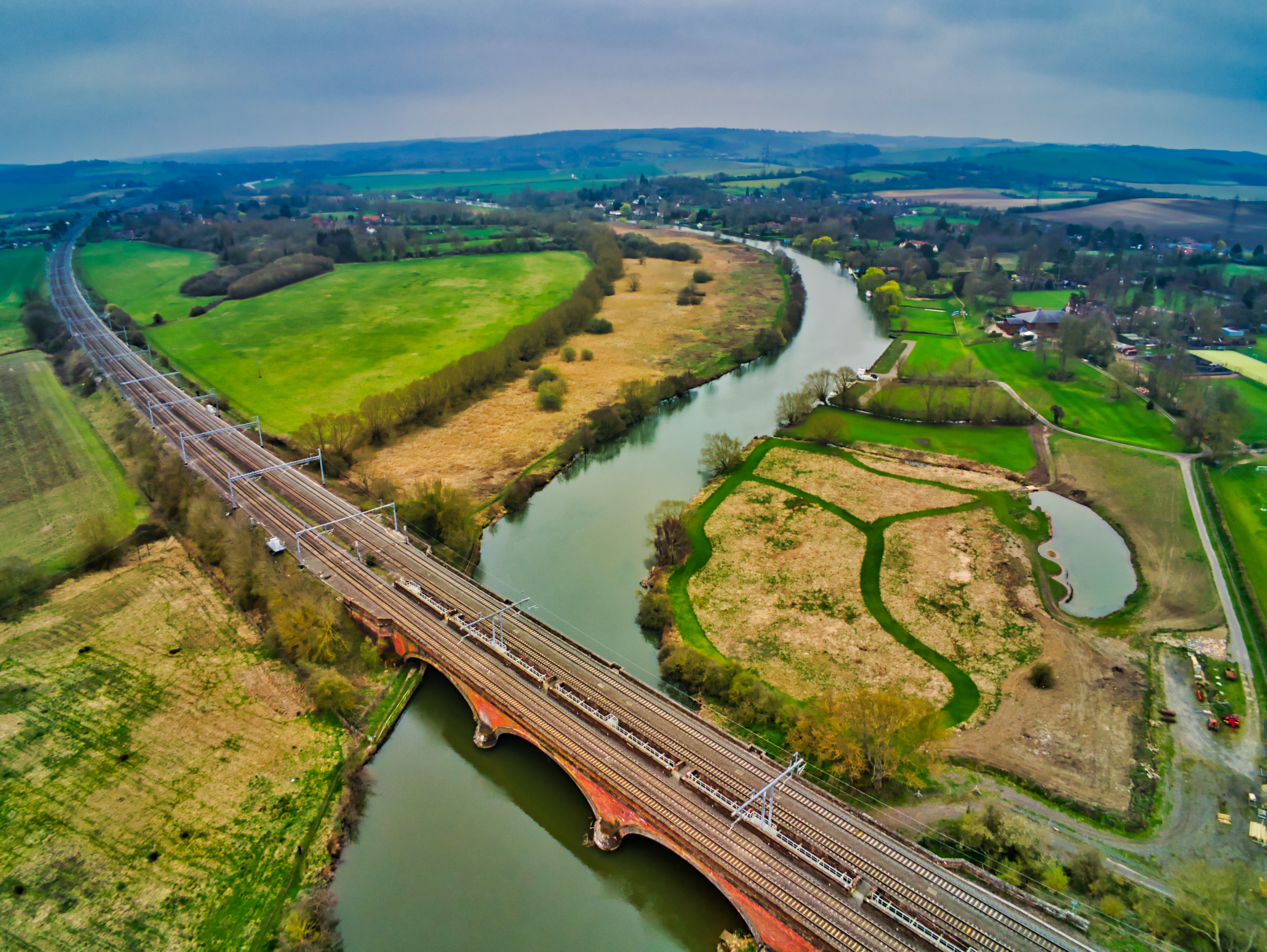Research project
Rail Openings Appraisal: Review and development of appraisal practice for new railway lines, stations and services
- Start date: 1 August 2020
- End date: 30 June 2022
- Funder: RSSB
- Partners and collaborators: Department for Transport, Network Rail, Jacobs, RSSB
- Primary investigator: Dr Manuel Ojeda Cabral
- Co-investigators: Professor Richard Batley, Daniel Johnson

The UK Government has the objective of restoring many railway lines, stations and services that were closed in the 1960s (HM Treasury, 2020). However, constructing and operating new railway lines and stations (even if some costs can be saved by restoring closed ones) can be very expensive. Like with any other transport infrastructure investments, the development of these schemes and Government decisions on funding will require a good amount of analysis and appraisal.
Decisions made on future re-openings will be largely based on the business cases for the proposed lines, stations and services. With this requirement in mind, there is however a legitimate question as to whether standard appraisal methods and guidance can be readily applied to the context of rail re-openings – a context which introduces a number of conceptual and empirical challenges.
This is the question we (ITS Leeds and RSSB) asked ourselves in the summer of 2020, when we were confronted with the reality that rail re-openings might be about to take centre stage in the UK after many decades of debate. Against this background, this project was designed to review – and where appropriate strengthen – the forecasting and appraisal methods that underpin Benefit-Cost Ratio (BCR) calculations for new rail openings and re-openings, covering new lines, stations and services .
Given this overarching aim, the study addresses three objectives:
-
Revisit the state-of-the-art forecasting and appraisal methods for BCR calculations for new rail openings and re-openings in the UK (new rail lines, stations and services).
-
Develop existing methods where appropriate and feasible.
-
Provide recommendations for the development of better, clearer, more consistent and easier-to-apply appraisal methodology and guidance for rail schemes consisting on new rail openings and re-openings.
The study is conducted in two phases: a scoping study (Phase 1), followed by more detailed research (Phase 2) – with the Phase 2 activities being defined in the course of Phase 1. Both phases of the study are guided by a Steering Group of cross-industry stakeholders.
The research is structured in four strands, each with a set of expected outcomes as follows:
-
Strand 1. Demand modelling: review of guidance, methods and applications and recommendations for appraisal practice in the context of new lines and stations.
-
Strand 2. User benefits: review of guidance, methods and applications, leading to method developments and recommendations for appraisal practice in the context of new lines and stations.
-
Strand 3. Wider Economic Impacts: review of guidance, evidence and applications and recommendations for appraisal practice.
-
Strand 4. Review of business cases: review of existing business cases to inform and enrich the research on all other three strands, contributing also to merge conclusions and recommendations across the three strands.

